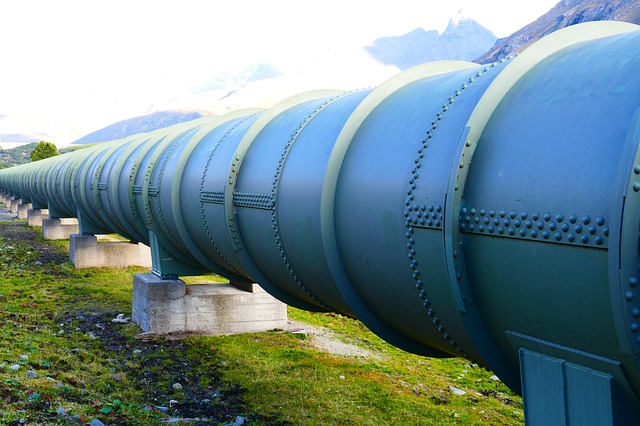A New Spring for Caspian Transit and Trade
Svante E. Cornell and Brenda Shaffer
October 17, 2023
Major recent shifts, starting with the Taliban victory in Afghanistan and Russia’s war in Ukraine have led to a resurgence of the Trans-Caspian transportation corridor. This corridor, envisioned in the 1990s, has been slow to come to fruition, but has now suddenly found much- needed support. The obstacles to a rapid expansion of the corridor’s capacity are nevertheless considerable, given the underinvestment in its capacity over many years.

Russia Moves to Strengthen its Profile in Central Asian Gas Politics, Threatens Trans-Caspian
By Azad Garibov
October 24, 2019, the CACI Analyst
With a promise to increase gas imports from Central Asia and to resume gas purchases from Turkmenistan after a three-year break, Russia’s energy giant Gazprom became increasingly active in Central Asian gas politics in the summer of 2019. This stands in contrast to Russia’s relative passivity in this area over the last decade, as its significantly lowered imports of gas from the region has allowed China to become the dominant player in Central Asia’s gas market. However, Russian gas export to Europe has hit record levels for several consecutive years, implying an opportunity to revive the practice of re-exporting Central Asian gas to Europe.

Is “Turkish Stream” a Serious Threat to the Trans-Caspian Pipeline?
By Juraj Beskid, Tomáš Baranec (03/04/2015 issue of the CACI Analyst)
In early November 2014, Turkey and Turkmenistan signed a Framework Agreement which, if successful, will allow Turkmenistan to provide gas via Turkey directly to the EU, by-passing Russia. Since then, several bold statements from Vladimir Putin and Gazprom representatives suggesting a replacement of the South Stream project with a “Turkish Stream” or closing all pipelines to Europe via Ukraine indicates the start of a new “energy game.” Turkish Stream will to a considerable extent compete with the Trans-Caspian pipeline. Does the Kremlin possess trumps on this issue or is it merely bluffing?





 Silk Road Paper S. Frederick Starr,
Silk Road Paper S. Frederick Starr,  Book Svante E. Cornell, ed., "
Book Svante E. Cornell, ed., "